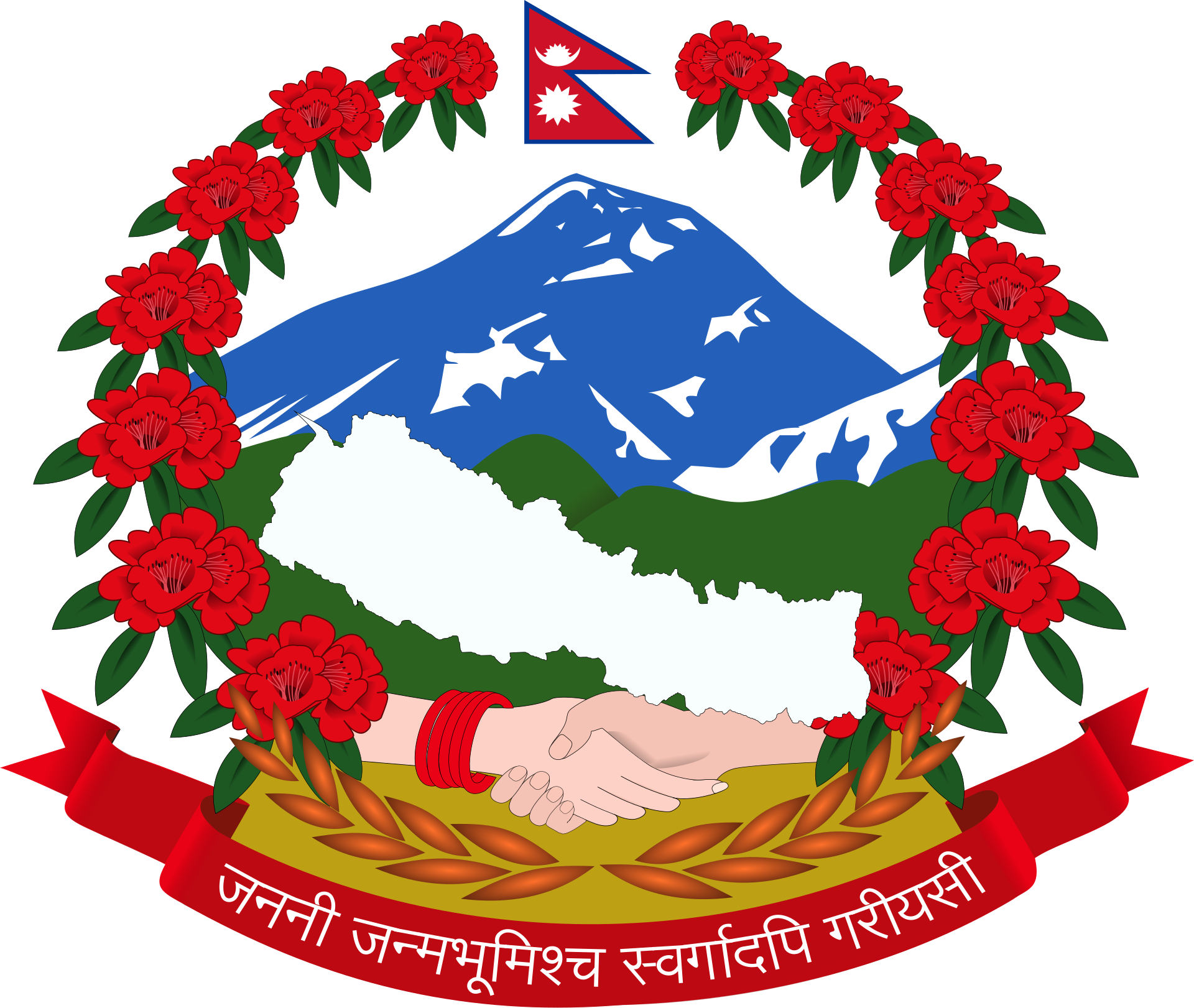Remarks by Ambassador Ghanshyam Bhandari
At a Seminar Organized by Bangladesh Institute of International and Strategic Studies (BIISS) and Department of Global Studies and Governance (GSG) of Independent University, Bangladesh,
IUB, Dhaka, 30 July 2025
Theme: Harnessing the Youth Dividend: Strategic Imperatives for Nepal-Bangladesh Relations
Session Chair H.E. Mr. Gousal Azam Sarker, Chairman of BIISS
Special Guest Dr. Md Nazrul Islam, Secretary, Ministry of Foreign Affairs
Director General of BIISS Major General Mr. Iftekhar Anis
Keynote Presenter Prof. Dr. Imtiaz Hussain
Distinguished Guests, Sholars, and Youth Representatives,
Dear Friends
Namaste, As-salamu Alaykum, Shuvo Shokal, and Good Morning!
At the outset, I would like to thank the organizers – Bangladesh Institute of International and Strategic Studies (BIISS) and the Department of Global Studies and Governance of Independent University, Bangladesh (IUB), for inviting me to this seminar.
I commend both institutions for bringing to the fore an important theme of ‘Harnessing the Youth Dividend’. I feel pleased to share some thoughts on how the youth dividend can be harnessed not only within our respective domestic contexts but also as a strategic resource in strengthening Nepal-Bangladesh relations.
Dear Friends,
As of the latest estimates of 2025, about one quarter of the global population falls within the 10–24 age bracket, making them one of the largest demographic groups worldwide.
Young people are not just the leaders of tomorrow; their aspirations and actions today shape our future.
Yet across many developing countries, including Nepal and Bangladesh, millions of youth still face poverty, inequality, and human rights challenges, limiting their ability to reach their full potential.
According to UNESCO, 515 million youth live on less than $2 a day, with many more lacking access to quality education, decent work, and justice.
Both Nepal and Bangladesh are youthful nations.
According to the 2021 national census of Nepal, youth aged 16 to 40 years constitute over 40% of the total population. In Bangladesh that figure is about 43%.
Our youth are vibrant, ambitious, and globally connected.
This presents a huge ‘youth bulge’ for our countries. It is not just an opportunity, but a responsibility.
We must work together to equip our youth to lead transformational changes in our societies and in our bilateral cooperation.
First and foremost, youth are powerful drivers of development and innovation.
When young people have access to policy landscape and are better represented in politics, they can bring fresh ideas and innovative solutions to long-standing challenges.
Needless to say, embracing youth and ensuring their inclusion paves the way for societal and national growth, with young people at the forefront.
I am pleased to note that Nepal’s National Youth Policy 2015 reflects this vision, with priorities centered around participation, protection, partnership, and integration.
I also recognize the Government of Bangladesh’s strong emphasis on youth participation.
But we have a long way to go to ensure that our youth are at the table—not just as beneficiaries of policy, but as co-creators. This would mean devising inclusive policies that support leadership, skill-development, and civic engagement.
Second, young people are not just job seekers—they’re job creators.
Nepal has seen a rise in youth-led startups in areas like fintech, agribusiness, and tourism. Similarly, Bangladesh is building a strong digital economy driven by its young innovators.
Our youth are increasingly engaged in entrepreneurship, digital innovation, climate action, and social justice.
As Nepal and Bangladesh prepare to graduate from the LDC category, youth entrepreneurship and grassroots innovation will be key to sustaining progress.
Third, diplomacy today is more inclusive, digital, and people-centered. Young people—with global mindsets, technological skills, and awareness of global issues—have a vital role to play.
Be it as peacebuilders, advocates of sustainable development, climate negotiators, human rights champions, or agents of soft power, they bring fresh energy and insight to foreign policy processes.
Through social media, music, startups, and digital platforms, they can ‘tell stories’ better and shape global narratives in new ways.
Fourth, I often describe Nepal–Bangladesh relations in terms of three key drivers: true neighborliness, economic partnership, and people-to-people connections.
Given our closeness, expectations of our peoples are naturally high—and youth play a vital role in deepening our bilateral collaboration.
Around 2,700 Nepali students study in Bangladesh, while nearly 50,000 Bangladeshi tourists visit Nepal each year.
These people are the true cultural ambassadors for our two countries.
Institutions like IUB can lead in youth exchanges and build academic partnerships with Nepali institutions to further strengthen our mutual cooperation.
The future belongs to those who can adapt, innovate, and collaborate. We must, therefore, invest in youth-led partnerships to shape that future together.
Finally, to all the young participants present here today:
Please remember, you are not just defined by where you come from or how society labels you, but also by your aspirations, values, and goals.
It is easy to follow the set formulas for success, but true fulfillment comes from carving your own path—with purpose and perseverance.
Above all, please remember, in today’s world, collaboration, compassion, and service matter more than ever.
In the long run, people will not remember the answers you wrote in exams, marks you got, or the presentation you made. They will remember how you made them feel—your kindness, your humility, and your willingness to listen and care.
I conclude by, once again, thanking the organizers for inviting me and wishing this seminar all success.
সন্মানীত অতিথিবৃন্দ ও প্রিয় সুধী মন্ডলী,
নেপাল ও বাংলাদেশের মধ্যে বন্ধুত্বপূর্ণ এবং হিমালয় ও বঙ্গোপসাগরের মধ্যে প্রবাহিত নদীগুলোর মতো প্রাকৃতিক যোগসূত্র রয়েছে।
আমাদের সমাজ ও জনগণকে আরও একত্রিত করতে তরুনরা গুরুত্বপূর্ণ ভূমিকা পালন করছে।
তরুণরা কেবল উন্নয়নের সুবিধাভোগী নয় বরং পরিবর্তনের সক্রিয় প্রতিনিধি।
আমাদের যুবসমাজের শক্তি, সৃজনশীলতা এবং সম্ভাবনায় বিনিয়োগ করতে পারে।
আসুন আমাদের যুব সমাজকে জনগণ, সমাজ ও দুই দেশের উন্নয়নের জন্য ব্যবহার করি।
আপনাদের সবাইকে অনেক অনেক ধন্যবাদ।
-----End of the Document-----



